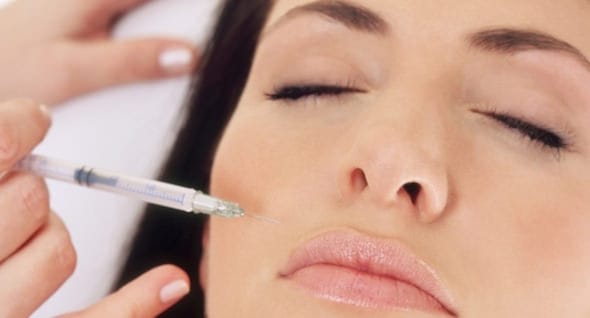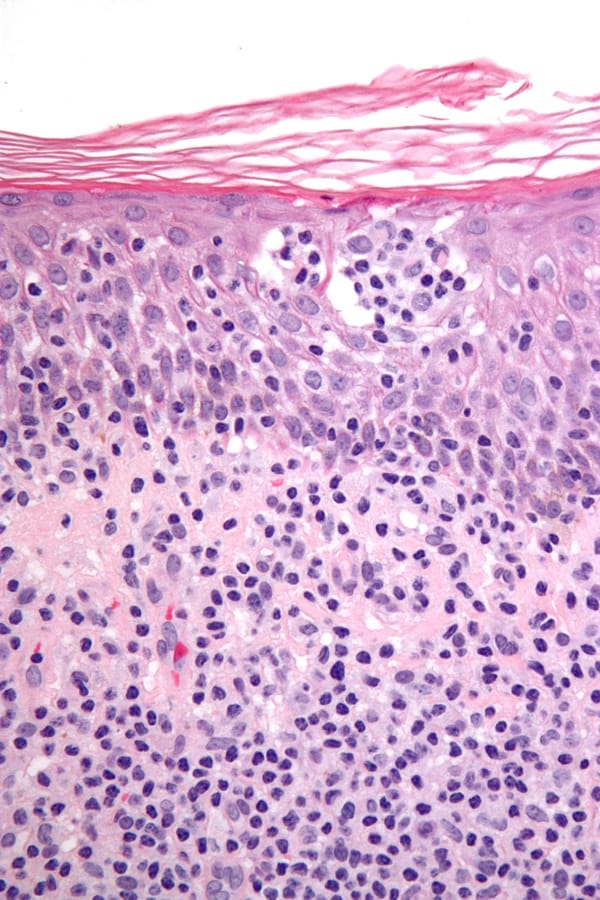Lack of sleep is not necessarily fatal for flies
New research has found that the life expectency of flies are barely affected by sleep deprivation - could the same be true for humans?
Male flies kept awake do not die earlier than those allowed to sleep, leading researchers to question whether sleep is essential for staying alive. Whilst this study was in flies, the team speculate that if sleep is not essential for life in the same way food is, then it is possible that their results could apply across the animal kingdom - including in humans.
They also found that female flies die on average only three days earlier out of a 40-50 day average lifespan.
Dr Giorgio Gilestro, from the Department of Life Sciences at Imperial, said: “For food, we have calories that are ‘vital’ to keep us alive and calories that are ‘useful’ to help us function well. It might be that sleep is only ‘useful’: it would still be difficult for us to function without it, but not necessarily fatal.”
Previous experiments have shown that some animals die when deprived of sleep, but the studies are unclear about exactly why this is. The researchers behind the new study, published in Science Advances, suggest that the way the experiments were run could mean the animals died of stress due to the methods of keeping them awake.
To keep the flies awake, the researchers kept each fly in a tube linked to an automatic monitoring system. If the system detected no movement for 20 seconds, then the tube rotated, waking the fly up. This system allowed the team to experiment with hundreds of flies at once, giving them a better understanding of the average response to sleep deprivation.
The researchers note that while male flies did not die earlier without sleep under lab conditions, in the wild lack of sleep would cause knock-on effects that would put them at greater risk from predators or competition.
Dr Gilestro added: “Lack of sleep could make it hard for them to function properly and safely, just as a lack of sleep might cause a sleep-deprived human to crash their car.”
“It’s not that there are no consequences to not sleeping, but our study has made us question whether sleep deprivation alone causes death.”
During their experiments, the team also found that, even while sleep deprived, the flies followed ‘normal’ patterns of activity. Flies are usually more active at dawn and dusk, and even when they hadn’t had any sleep for many days in a row, this was still the case.
The researchers say this shows that the flies are not building up a ‘sleep debt’ - they do not necessarily get sleepier the longer they stay awake, but keep to relatively normal patterns of activity. This suggests the pressure to sleep is controlled more strongly by the time or day than by the amount of sleep taken.
This was further shown when flies that had been deprived were allowed to sleep again. They slept a little longer for a day or two but returned to normal patterns quickly, instead of immediately catching up on all the sleep they had lost with one extremely long sleep.
Future experiments will continue to investigate the effects of sleep deprivation on flies’ mental performance.







